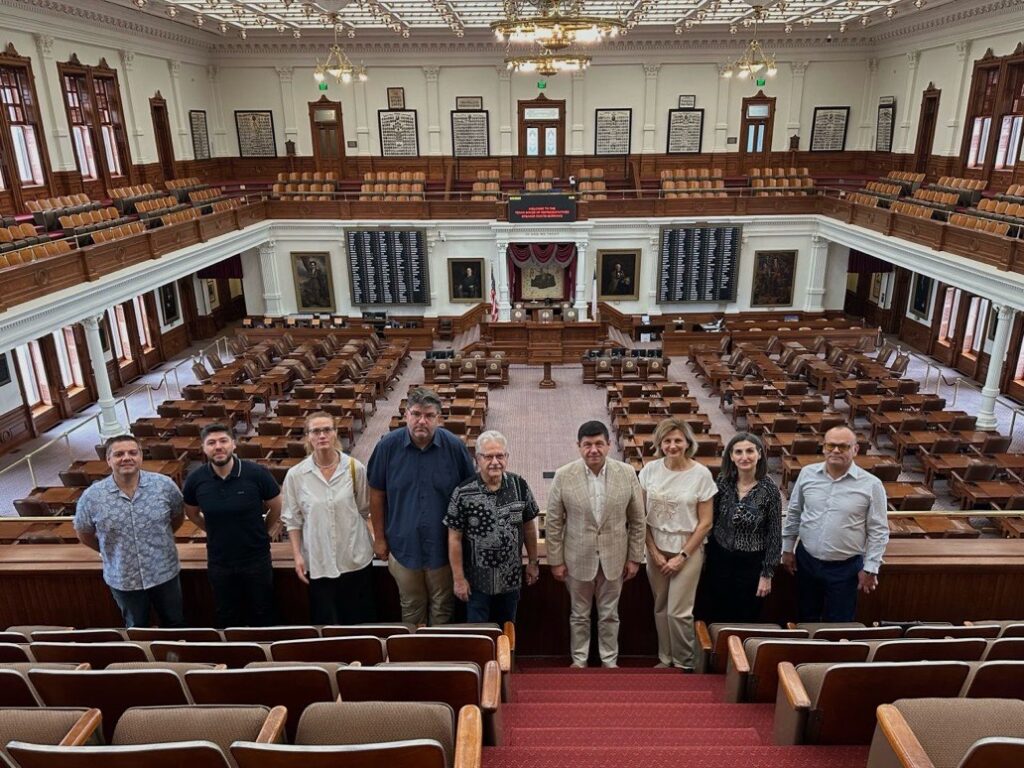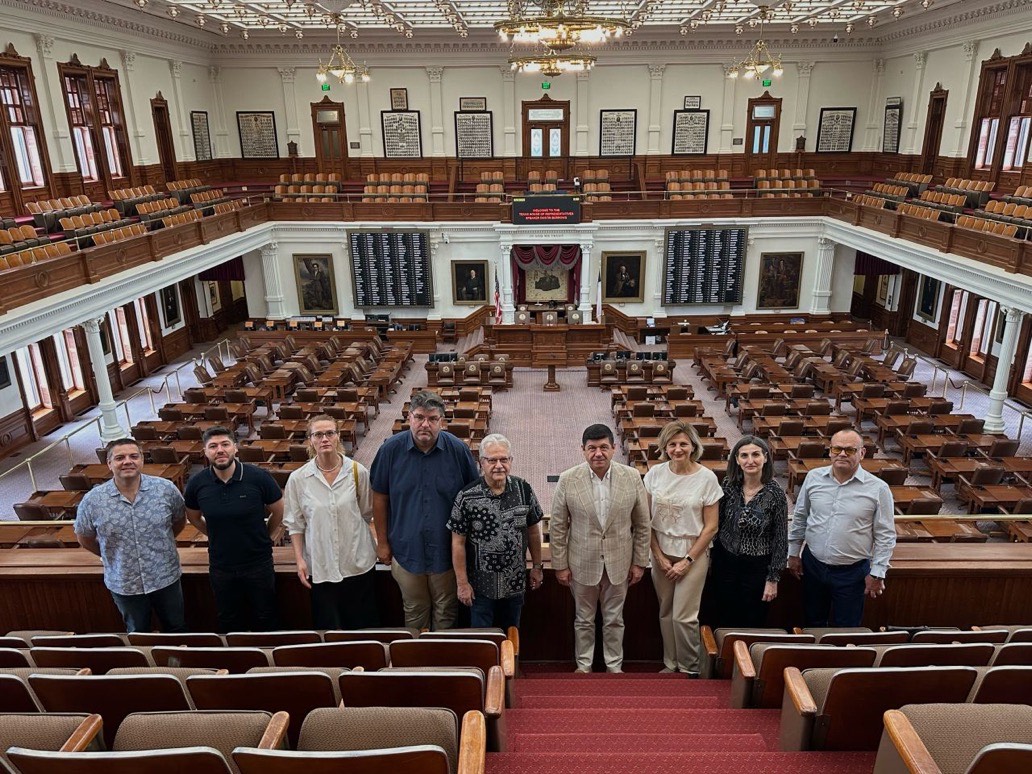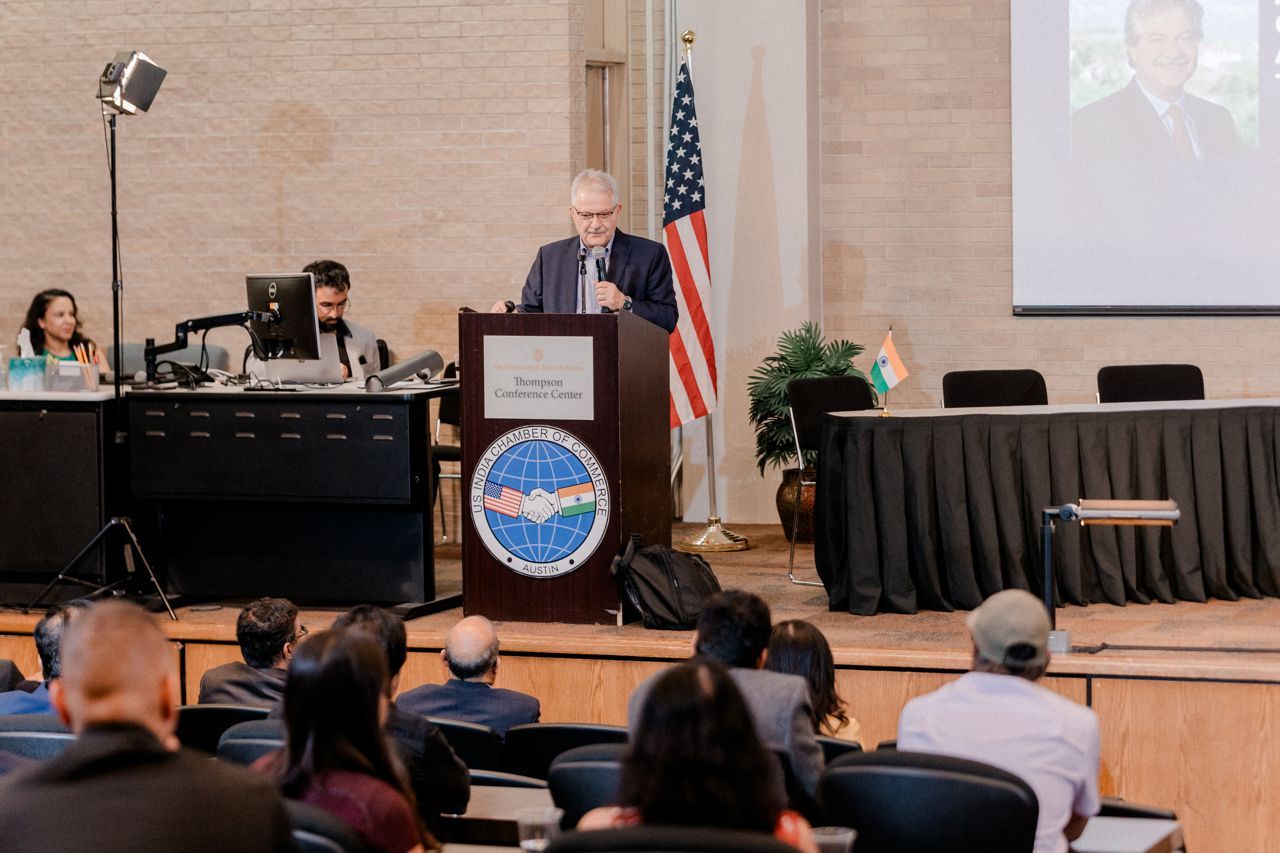Introduction
There’s been a lot of talk recently about immigration and the impact it has on our economy. Many people are in favor of tightening restrictions on who is allowed to enter the country, but I think there’s a lot to be gained by opening our doors to more skilled immigrants. Skilled immigrant workers could help solve our current labor shortage and stimulate economic growth in certain sectors, like the high tech industry. They would also be a valuable asset to our workforce, bringing with them years of valuable experience and expertise. I know you’re probably wondering how we can afford to let in more immigrants when we’re already struggling economically. But the truth is, we can’t afford not to. We need all the help we can get if we want to stay competitive in today’s global economy.
Skilled Workers Are Necessary for the High Tech Industry
With the ever-growing high tech industry, there’s an increasing demand for skilled workers. Unfortunately, the United States is facing a tight labor market, which is making it difficult for companies to find the talent they need. In some cases, companies are even having to outsource work to other countries because they can’t find the talent they need here in the United States. But what if there was a way to get around this challenge?
What if we could import skilled workers from other countries? This is something that the Trump administration is currently considering. And while there are some challenges that need to be addressed, such as security and visa issues, I believe that this could be a great solution for the high-tech industry.
Immigration Policy Should Reflect the Needs of the Economy
The immigration policy in this country should reflect the needs of the economy. What this means is that we should be encouraging people to come to this country to work in the high-tech industry.
The high-tech industry is in desperate need of workers, and immigrants are the perfect solution. They have the skills and training that are necessary for the job, and they’re willing to work hard for a chance at a better life.
So why are we making it so difficult for immigrants to come to this country? The current immigration policy is hurting our economy, and it’s preventing us from reaching our full potential. We need to make a change, and we need to do it now.
Skilled Workers Bring Economic Benefits
It’s no secret that the United States is in the midst of a tight labor market. Companies are struggling to find qualified employees, which is why skilled immigrant workers could be a huge help.
Skilled immigrants are a boon to the economy. They start businesses at a higher rate than native-born Americans, they create jobs, and they pay taxes. In fact, over the past ten years, immigrant-owned businesses have generated more than $775 billion in revenue and employed more than 4.6 million people.
That’s why it’s so important that we make it easier for skilled immigrants to come to the United States. With the right policies in place, we can attract the best and brightest from around the world and help our economy grow.
Current Immigration Policies Are Not Meeting the Needs of the High-Tech Industry
The current immigration policies in the United States are not meeting the needs of the high-tech industry. There is a shortage of skilled workers, and the process for obtaining a visa is complicated and slow.
If we want to keep up with the competition from other countries, we need to make it easier for skilled immigrants to come work in the United States. We need to reform our immigration policies so that we can attract the best and brightest workers from around the world.
Reform Is Necessary to Attract and Retain Skilled Workers
It’s no secret that the United States is in the midst of a tight labor market. Employers are struggling to find workers to fill open positions, and this is only going to get worse as the population continues to grow.
This is where skilled immigrant workers could help. Many of them are already in the country, and they’re willing and eager to work. But our current immigration policy is making it difficult for them to stay.
Reform is necessary if we want to attract and retain these workers. We need to make it easier for them to get visas, and we need to make it easier for them to stay in the country once they’ve been granted visas.
The high tech industry is especially in need of skilled workers, and it would be a mistake to overlook this pool of talent. Skilled immigrant workers could help us grow our economy and strengthen our high tech industry.
Skilled Workers Could Help Relieve Tight Labor Markets
So what can be done to fix the issue? One potential solution is to let in more skilled immigrant workers.
There are a lot of talented people out there who are looking for a chance to work and contribute to the country they call home. And as the economy continues to grow, we’re going to need all the help we can get to keep up with demand.
The high-tech industry is a perfect example of where this could make a big difference. Companies like Google and Apple are always looking for new talent, but they’re having a tough time finding workers who are both qualified and available.
Allowing more skilled immigrants into the country could help reduce these tight labor markets, and in turn, help boost economic growth. It’s a win-win solution that makes sense for everyone involved.
Conclusion
There’s no question that the United States needs more high-skilled workers, and immigration policy is a critical part of getting those workers into the country.
Skilled immigrant workers play a critical role in the American economy. They help to fill critical gaps in the workforce, and they contribute billions of dollars to the economy. In addition, they are essential to the growth of the high-tech industry.
The United States has always been a nation of immigrants, and we must continue to welcome talented newcomers who want to contribute to our economy.















